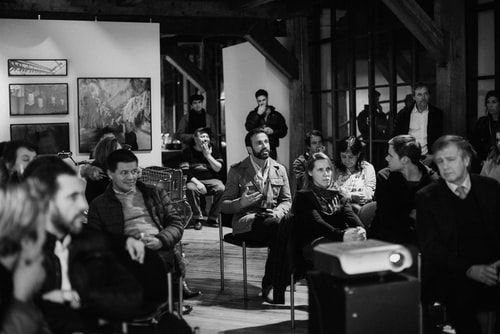So currently the frontline CLL therapy landscape for the time-limited approach is venetoclax plus obinutuzumab. But we also know that checkpoint inhibitors, such as previously our group has worked on nivolumab plus ibrutinib for Richter’s transformation and others have also looked at pembrolizumab. But atezolizumab is a PD-L1 antibody which we argued could be synergistic with venetoclax and obinutuzumab in a time-limited fashion for newly diagnosed patients...
So currently the frontline CLL therapy landscape for the time-limited approach is venetoclax plus obinutuzumab. But we also know that checkpoint inhibitors, such as previously our group has worked on nivolumab plus ibrutinib for Richter’s transformation and others have also looked at pembrolizumab. But atezolizumab is a PD-L1 antibody which we argued could be synergistic with venetoclax and obinutuzumab in a time-limited fashion for newly diagnosed patients. In this study, we have treated 37 patients at our institution. We are seeing high rates of MRD-negative remission in the bone marrow assessed by flow cytometry. However, we also saw some toxicity in terms of immune toxicity, which is not unexpected because of the immune checkpoint we are using.
Also in this analysis, which will be presented by my colleague, Dr. Patrick Ravel, we also did single cell RNA sequencing and we were able to show that there were immune subsets of patients who have higher certain subsets of CD8 T-cells they were likely to respond better compared to the others. Again this is an ongoing study we are continuing to follow patients long term and eventually we’ll have to see how this pans out compared to other targeted therapy combinations which me and others are exploring.
This transcript is AI-generated. While we strive for accuracy, please verify this copy with the video.















